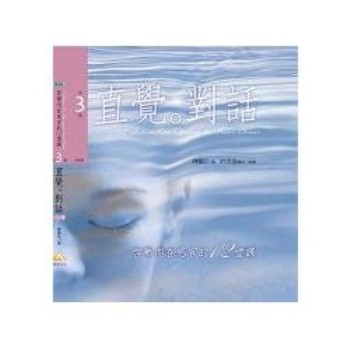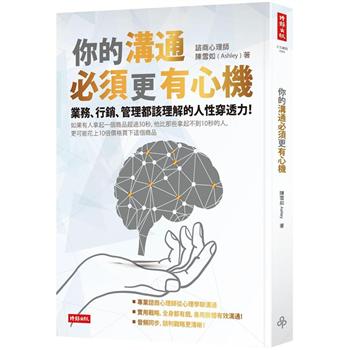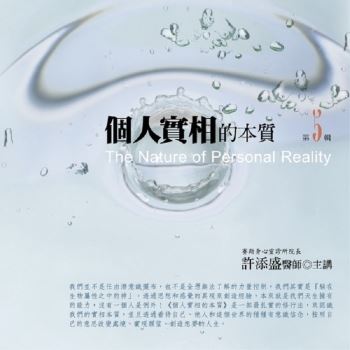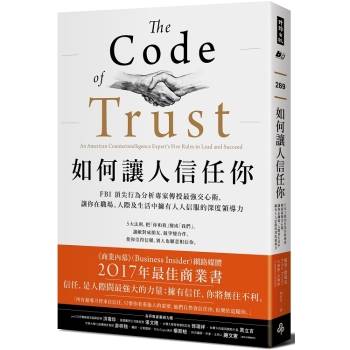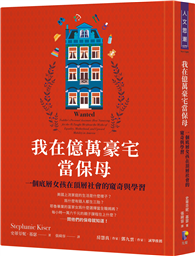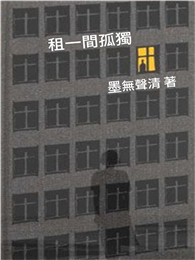| FindBook |
|
有 1 項符合
ji xianlin的圖書 |
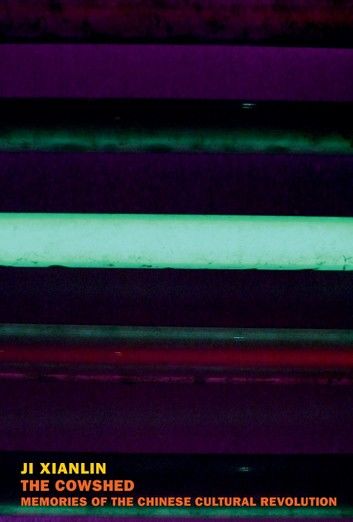 |
$ 411 電子書 | The Cowshed
作者:Ji Xianlin / 譯者:Chenxin Jiang 出版社:New York Review Books 出版日期:2016-03-08 語言:英文  看圖書介紹 看圖書介紹
|
|
|
The Chinese Cultural Revolution began in 1966 and led to a ten-year-long reign of Maoist terror throughout China, in which millions died or were sent to labor camps in the country or subjected to other forms of extreme discipline and humiliation. Ji Xianlin was one of them. The Cowshed is Ji’s harrowing account of his imprisonment in 1968 on the campus of Peking University and his subsequent disillusionment with the cult of Mao. As the campus spirals into a political frenzy, Ji, a professor of Eastern languages, is persecuted by lecturers and students from his own department. His home is raided, his most treasured possessions are destroyed, and Ji himself must endure hours of humiliation at brutal “struggle sessions.” He is forced to construct a cowshed (a makeshift prison for intellectuals who were labeled class enemies) in which he is then housed with other former colleagues. His eyewitness account of this excruciating experience is full of sharp irony, empathy, and remarkable insights into a central event in Chinese history.
In contemporary China, the Cultural Revolution remains a delicate topic, little discussed, but if a Chinese citizen has read one book on the subject, it is likely to be Ji’s memoir. When The Cowshed was published in China in 1998, it quickly became a bestseller. The Cultural Revolution had nearly disappeared from the collective memory. Prominent intellectuals rarely spoke openly about the revolution, and books on the subject were almost nonexistent. By the time of Ji’s death in 2009, little had changed, and despite its popularity, The Cowshed remains one of the only testimonies of its kind. As Zha Jianying writes in the introduction, “The book has sold well and stayed in print. But authorities also quietly took steps to restrict public discussion of the memoir, as its subject continues to be treated as sensitive. The present English edition, skillfully translated by Chenxin Jiang, is hence a welcome, valuable addition to the small body of work in this genre. It makes an important contribution to our understanding of that period.”
|
